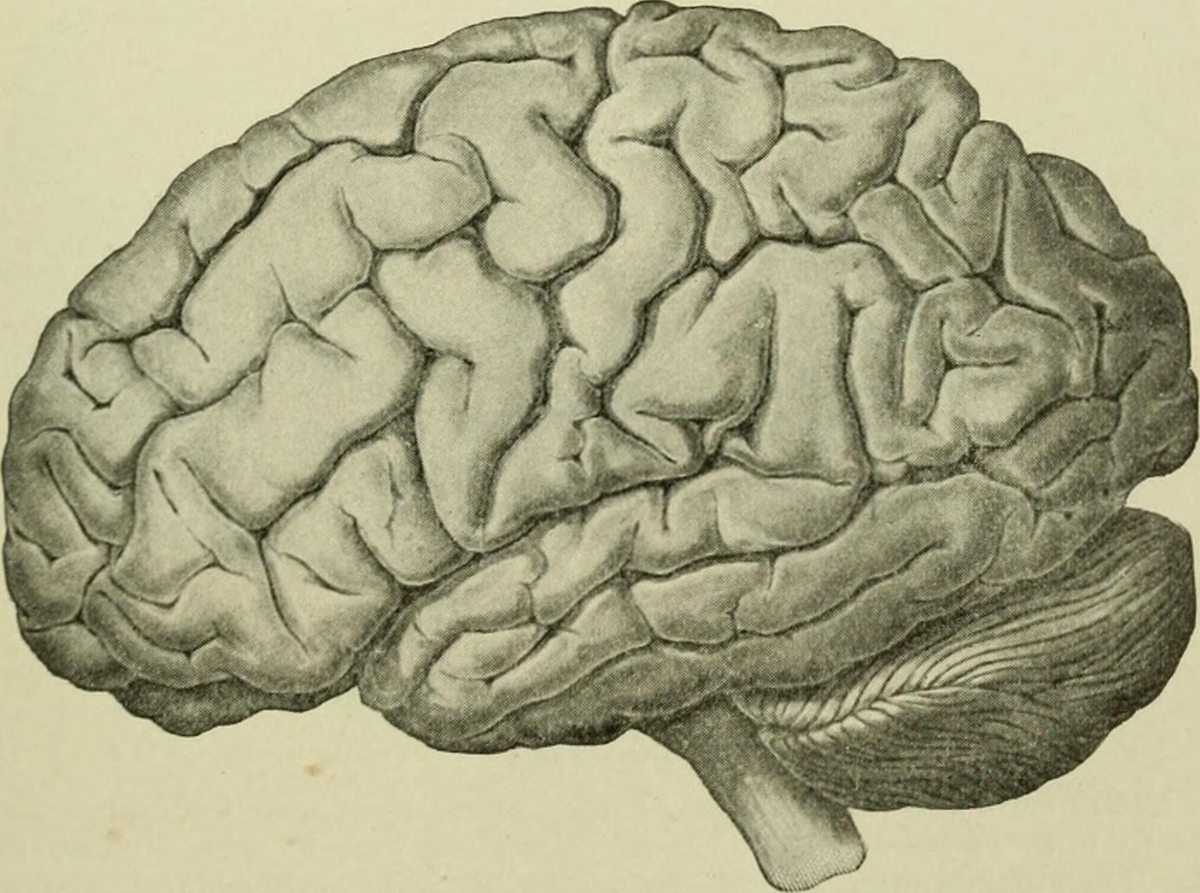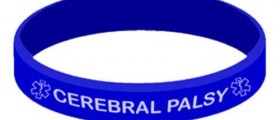
Treatment Options For Rett Syndrome
Rett syndrome is a disorder of the nervous system that is characterized by developmental complications in the areas of speech and hand function. Although there is a substantial amount of clinical research done on the various aspects of Rett syndrome, presently there is no cure for the disorder. On the other hand, there are numerous types of treatment options depending of the severity and different features of the disease. For instance, occupational, physical, and speech therapy have been widely employed with a high rate of successfully restoring optimal functionality. A legion of medications is often utilized for treating Rett syndrome, and among the most approved as beta-blockers, serotonin reuptake inhibitors, and anti psychotics if the individual is prone to aggression toward self. Family counseling, which involves all those close to the individual, as well as social skills training are additional aspects of Rett syndrome therapy. Finally, healthy nutrition and sleeping habits are also taken into consideration by clinicians. When it comes to treatment development, many research studies are focusing on the restoring of functionality of a gene critical for causing Rett syndrome, termed MECP2. The results of such research are fairly favorable as there are signs that the neurons which are destroyed by the lack of proper activity by the MECP2 are capable of recovery and progressive rejuvenation. However, the challenging part is in determining the adequate dosage of the MECP2 necessary for restitution as incorrect portions of the gene can have disastrous effects.
Occupational Therapy
The primary goal of occupation therapy when dealing with children who are suffering from Rett syndrome is to engage everyone involved, including both the caregivers and the patient, in meaningful activities that promote improved health, independence, and overall well being. Increasing the functional abilities and helping the individual live up to his or her full potential are also the aims of occupational therapy. Further, the needs of every patient are different so occupational therapists help the clients achieve their unique goals. Therapists also provide patients and caregivers will resources as to connect them with additional services, community activities, and other parents. In addition, individuals affected by the Rett syndrome have difficulties being independent as performing of the simple tasks such as eating can be very complicated. Weight loss is a significant problem in patients affected by Rett so finding acceptable ways to feed and teach the individual to eat are some of the crucial aspects of treatment. Further, elements of occupational therapy can help teach a caregiver guided feeding in which both individuals will actively participate. If the affected individual opens his or her mouth in response to feeding, as well as pays attention to what the caregiver is doing, there is significant interest manifested by the patient, and a strong possibility that there will be progress. It should be noted that completely independent eating is rare for individuals with this neurological disorder, but there are other elements which if included can elevate the advancement. Using hand and elbow splints, for instance, provides more opportunity for engaging in activities. Other tools such large utensils and cups with lids are also recommended for they are easier to handle. It is also important that the caregivers be aware of nutritional needs of the person as to provide him or her with a proper diet and meal management. In addition, different types of wheelchairs, chairs, and tables are utilized in order to ease participation is activities such as eating or dressing. Whoever is involved in the life of an individual suffering from Rett syndrome should be informed about their abilities, difficulties in performing daily routines, and a general lack of social skills. In school, for instance, a child with Rett syndrome requires a customized chair and a desk in order to be stable and comfortable. In turn, the child can aim attention at a task at hand or social interaction with peers. When the teachers are involved with such a child, they often use more visual aids, and specialized computer programs to assist the progress and care in the school. In addition, play is another important aspect of every child’s life, and Rett syndrome therapy strives to create flexible ways for children to enjoy music, video games, sports, and so on. Swimming, for instance, can be quite enjoyable for the patient, while at the same time being regarded as play as well as remedial treatment. It promotes balance, muscle strength and better coordination skills.
Variants of Rett syndrome
Variants of Rett syndrome include some of the less common forms of the disorder. For instance, many individuals are affected by epilepsy as well typical Rett syndrome. Such a combination of the two disorders is termed Hanefeld variant. The Zappella type includes some hand and language skills, with the physical attributes falling within the normal range, and is considered the mild form of the disorder. Finally, the Congenital variant is the most severe and problems are present right from birth.

















Your thoughts on this
Loading...